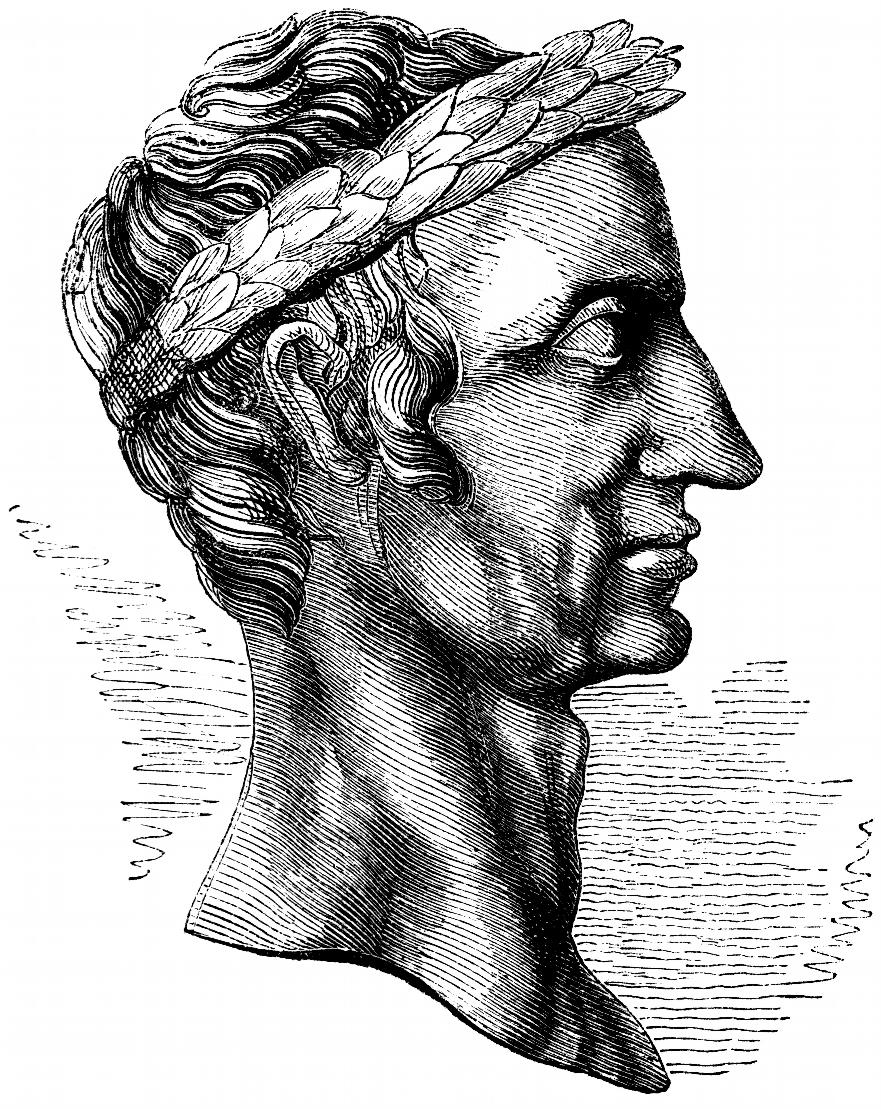Every three years we are presented with today’s Gospel message (Mt 22:15-21), one that deals with the separation between Church and State, a topic that concerns many Americans. Interestingly enough, this Gospel passage appears when politicians are gearing up their election campaigns. The words of preachers are closely scrutinized to see if they are using their pulpits to promote partisan politics or as campaign support for particular candidates who are running for office.
The first thing we should note is that the question put to Jesus was a lawyer’s tricky question. It was not a question that sought enlightenment; it was not put to Jesus in order to learn from Him. No. It was put to Jesus to trap Him. Was He to be seen as an insurrectionist revolutionary, an enemy of the government, or was He to be seen as a collaborator with the hated Roman authorities who so brutalized their subjugated Jewish people?
The Pharisees, the religious purists of the day, hated the tax. The Herodians, those Jews who supported the Roman puppet King Herod, supported the tax. Both parties hated each other. But here we find them joined in a combined effort to trap Jesus, to discredit Him and thus do away with Him.
With a canny responses Jesus discredits them both. Both were Jews; both parties, as Jews, rejected graven images as violations of the First Commandment. No Jew of any stripe would countenance the idea that idols were to be worshipped. Statues and images were totally forbidden as false, man-made gods.
Here we find Jesus in His response to their tricky question asking them for a coin, which they gave Him. Note that they and Jesus were in the Temple area when this incident took place. Note, too, that the Roman coin had carved upon it the image of the infamous Tiberius Caesar, the one who had desecrated Jerusalem’s Temple. The coin also bore the inscription: “Tiberius Caesar – Son of the Divine Augustus.” On the other side it designated him as “Pontifex Maximus,” supreme priest.
The fact that these Jews had carried that coin with them into their Temple area tells us that they thereby discredited themselves. No good orthodox Jew would be caught with such a coin in the Temple area, yet they did.
Furthermore, we need to realize that Jesus’ response was directed at the precise issue of whether or not the Roman taxes should be paid. Jesus said nothing about the autonomy of Caesar in his secular role. Nor was Jesus making any statement at all about separating religion from society.
So these questions remain: What is Caesar’s and what is God’s? Is there anything at all that is not God’s – is there anything at all in human activity that does not stand under God’s judgment? And for us as modern day Americans, do we exempt anything from God’s purview?
Some do. There are some of us who advocate a two kingdom theology, dividing life into two autonomous and independent realms, one civil and secular and the other religious. Others take it further and call us to an unswerving obedience to anything and everything coming down to us from the Presidency, the Congress, and the Supreme Court.
Christmas is just over two months away. Looming on the horizon is the yearly struggle mounted by those who seek to secularize Christmas by doing away with the word Christmas and changing it to “The Winter Festival” or some other such name. Will Americans keep Christ in Christmas or will those who twist the separation of Church and State into a meaning other than that which was in the minds of the Founding Fathers of our nation? Our Founding Fathers’ idea was to keep religion free from governmental control. The secularists of our day want to interpret it to mean that God and Christ must be privatized and kept out of our public schools and out of public discourse in general. Instead of freedom of religion they want to give us freedom from religion. Is God to be driven out of a totally secularized American culture? Our Founding Fathers, Jefferson, Madison, and the others, believed that religion and its values were necessary in order to preserve the values of our American Republic. Without a morally active citizenry Democracy would, they believed, collapse.
A little publicized recent development has surfaced in regard to what is God’s and what is Caesar’s. The Internal Revenue Service has in recent years sent warning letters to various preachers informing them that their churches will lose their tax exempt status if they preach what the IRS determines to be political in nature. Who determines what political content is in any given sermon? Where does the IRS get that warrant?
Politics is all about setting government policies. As far as I know, policies can be moral or immoral. Isn’t it within the proper prevue of a preacher to apply Gospel values and the teachings of Christ to actions of those in power that are immoral? Human behavior is involved and Jesus Christ had much to say about human behavior.
On a recent Sunday, more than 500 conservative Protestant pastors around the country vowed to break the law by endorsing political candidates from the pulpit. They did this on what they named Pulpit Freedom Sunday. Several Minnesota pastors had been the target of complaints to the IRS over their alleged politicking from the pulpit.
The policy of our American Catholic bishops calls for priests not to endorse particular candidates running for office but rather to speak to the morality of particular governmental policies. Politics, after all, is all about policies… policies than can be moral or immoral. If separation of Church and State means anything at all, it means that the government cannot control what religion has to say about the morality of various human behaviors. The Church has not only the right but the duty to teach about Life, Truth, Goodness, Justice… and the rights that inhere in our human nature. Why should political positions be exempted from criticism by preachers and religious leaders? The IRS seems to think it has the power to regulate what is preached. Where is the so-called separation of Church and State in this matter?
The cultured despisers of religion are embarrassed by our Declaration of Independence in which we declare that we are endowed by our Creator with certain inherent, fundamental and unalienable rights, namely life, liberty, and the pursuit of happiness. Unlike the French declaration of the Rights of Man, which came twelve years after our American declaration and which ignored God, we grounded our rights on the will of God, not the will of Man. Our rights are dependent upon God, not on a king, a congress, or a court.
For us today, in responding to this Gospel, we are challenged to deal with the question: “What is God’s?” The focus is not what is Caesar’s. What is Caesar’s is very limited. The larger question is: What is God’s? We all need to think about that. [29th Sunday in Ordinary Time- A]








